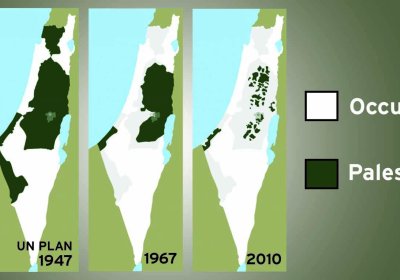The Israeli city of Tel Aviv is preparing to host the Eurovision Song Contest in May, following Israeli artist Netta Barzilai’s win in Eurovision 2018.
In response, BDS Australia, which support the global boycott, divestment and sanctions campaign against Israel, says: “As a serial human rights abuser, it is unacceptable for Israel to be the host country for a competition that, in SBS’s own words, is supposed to ‘bring people and cultures together’.











